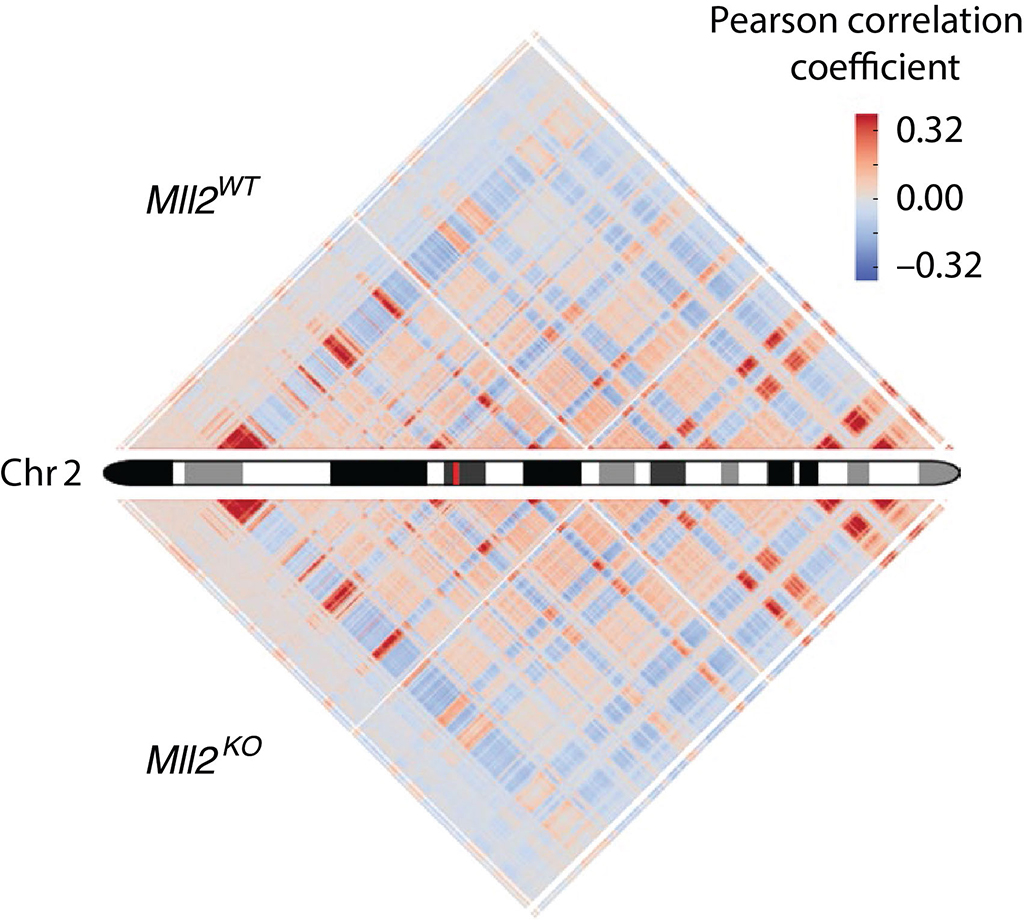ICREA scientists at the Centre for Genomic Regulation in Barcelona, Spain, have uncovered the role of special chemical ‘tags’ in controlling vital genes involved in early mammalian development.
Led by L Di Croce and MA. Marti-Renom, the study focused on a set of genes with what’s known as bivalent promoters – two-way genetic ‘control switches’ that are poised either to turn on in early development and rapidly drive high levels of gene activity, or to switch off and shut down the gene completely. These genes play essential roles in early development where cells have to make quick decisions about which fate to adopt, so the poised switches allow them to quickly flip into the correct pattern of gene activity.
Previous work had already shown that there are opposing types of chemical ‘tags’, known as histone modifications, that are present on these two-way switches – one set is associated with gene activation and the other with gene silencing. The active tags are put in place by a molecule called MLL2, while the silencing marks are put on by Polycomb proteins.
To find out more about the interplay between the two type of histone modifications on the switches, they studied mouse embryonic stem cells growing in the lab. These cells are capable of changing into all the different tissues in the body, and genes with bivalent switches play a key role in setting them off on the right developmental pathway.
The researchers used genetic engineering techniques to remove MLL2 from embryonic stem cells, removing all the activating histone modifications from the bivalent gene switches and leaving only the silencing tags and associated Polycomb proteins. They found that these modified cells were no longer able to grow into embryoid bodies, and that many important developmental genes weren’t activated when they should have been.
Not only do the team’s findings shed light on the earliest points in development when cells are quickly making decisions about what to do in order to build an embryo, there are also implications for understanding what might have gone wrong when development fails or in diseases involving disrupted gene activity, including cancer.
Reference
